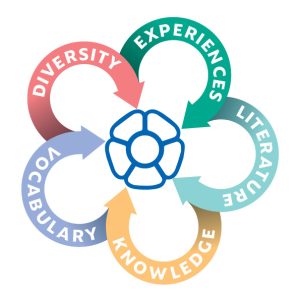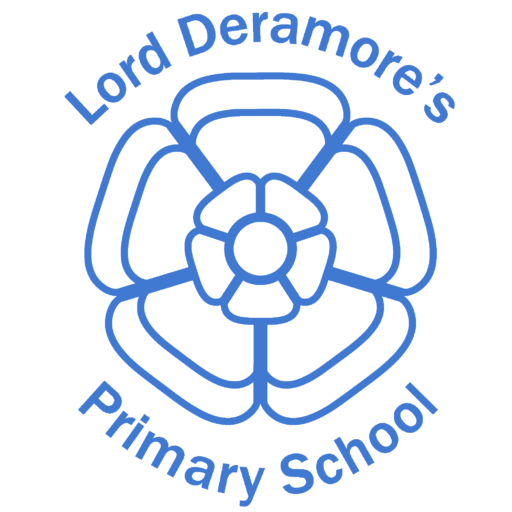 You can view our detailed Curriculum Policy here, and further explore our curriculum using the links under the ‘Curriculum’ menu.
You can view our detailed Curriculum Policy here, and further explore our curriculum using the links under the ‘Curriculum’ menu.
Our school curriculum was designed and launched in 2019. Since then, we continue to implement, review and improve its content and delivery.
It covers all EYFS framework and KS1/KS2 National Curriculum requirements, going beyond these expectations particularly in terms of its delivery and enrichment.
Our latest curriculum audit was completed in May 2024 – this can be viewed here.
All of our children – including those with barriers to learning – access our fully inclusive curriculum offer. We are ambitious for all of our learners (especially those with special educational needs and disabilities) and work hard to ensure that they can access the curriculum in a way best suited to their individual needs and interests.
Curriculum and progression plans have been carefully planned and sequenced. They outline the key knowledge (both substantive and disciplinary), concepts and vocabulary that we want our children to learn, develop and embed over a seven-year journey with us. They also identify the key literature that children will read, the diversity they will be exposed to and the enrichment opportunities that they will experience.
Our curriculum aspires for all children to be the best they can be and to become lifelong learners.
In 2018, we adopted a unique ‘phase approach’ to the organisation of our year groups and educational stages. Our class structure has been organised into three age-appropriate ‘phases’,
Where possible, teachers work in these three distinct phases to collaboratively plan, deliver and assess our school’s curriculum plans on a two-year (Phases 1 and 2) or three year (Phase 3) rolling cycle. There are various benefits to such a model within a small, one-form entry primary school. These include:
- No teacher is left alone in isolation. They can work collaboratively to share ideas and personal skills when planning and delivering topics.
- Staff can provide different areas of subject expertise, talents and interests within their phase teams.
- A common topic or theme can create a talking point of ‘buzz’ for conversations in school and within phases.
- Economies of scale when purchasing resources and organising visits or visitors into school.
- It helps to reduce teachers’ workload as colleagues can share planning and resource-making tasks.
At Lord Deramore’s Primary School, our curriculum is centred around our five golden threads:
Experiences – we believe that play, visits, visitors, practical and outdoor activities enrich a child’s curriculum journey and cultural development.
Literature – we believe that books and stories provide a gateway into, and understanding of, our world – both real and imaginary.
Knowledge – we believe that children should gain substantive and disciplinary knowledge over time, enabling them to make informed decisions, think critically, understand complex concepts, apply skills and solve problems.
Vocabulary – we believe that children’s word knowledge is strongly linked to academic and social success. It helps them understand new ideas and concepts and builds connections between ideas. It helps them to share their ideas, thoughts and opinions and communicate with others effectively.
Diversity – we believe that a school curriculum should reflect and represent the diverse world in which we live. By doing so, we prepare our children to celebrate their differences, grow in confidence, tolerance and mutual respect.
We have arranged our Long Term Plans into thematic and concept-led topics for each phase: Phases 1 and 2 have a two-year rolling cycle; Phase 3 has a three-year rolling cycle. These topics often have an overriding humanities focus (geography and/or history) owing to the large amount of substantive knowledge listed in the National Curriculum for these subject areas. They also focus on reoccurring concepts which become increasingly complex each time they are revisited and built upon. Where possible, we try to teach in a topic based way as it provides better opportunities to inter-connect learning across the curriculum and often provides greater engagement and motivation. We also precisely plan for cross-curricular opportunities in oracy, writing, reading, mathematics and computing.
For some subjects (English, Mathematics, Science, PSHE, RE, PE, Music and MFL), units of work are taught in discrete year group plans and lessons. This is because their curriculum content does not lend itself to rolling cycles and/or would reduce the rigour of clear knowledge progression if delivered out of sequence.
